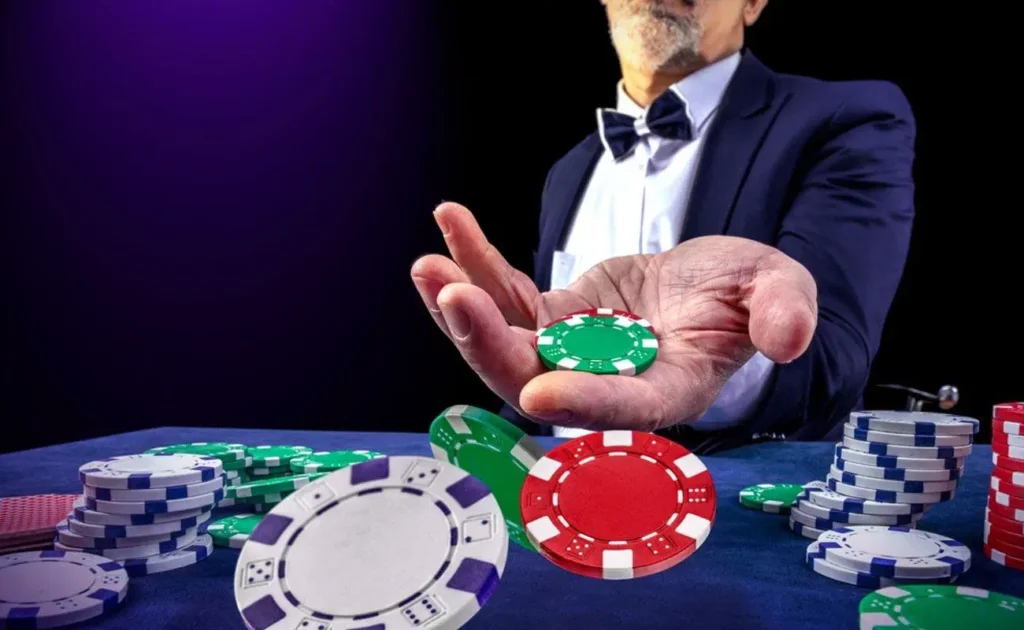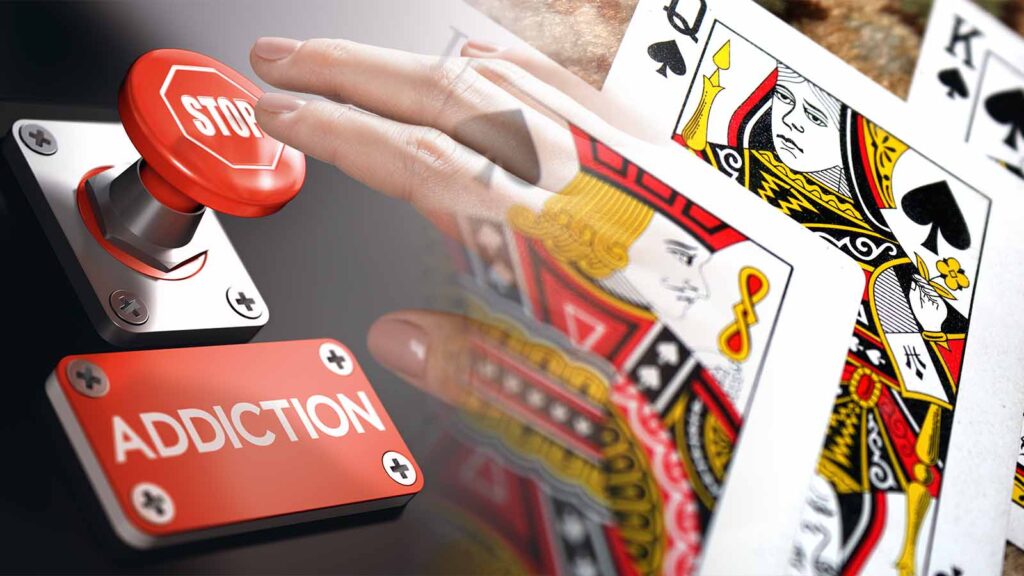Casinos and gambling have long been shrouded in myths and misconceptions, fueled by Hollywood portrayals and urban legends. However, separating fact from fiction is crucial for anyone interested in engaging with this popular form of entertainment. In this article, we’ll debunk five common myths surrounding casinos and gambling, shedding light on the reality behind the glamour and intrigue.
Myth 1: Casinos Rig Games to Ensure House Wins
One pervasive myth is that casinos rig games to ensure they always come out on top. While it’s true that casinos have a built-in advantage known as the house edge, this doesn’t mean games are rigged. Casinos operate under strict regulations enforced by gaming commissions to ensure fairness. Games like slots and table games use random number generators (RNGs) to determine outcomes, making manipulation virtually impossible. Additionally, reputable casinos undergo regular audits to verify their integrity, further dispelling this myth.
Myth 2: You Can’t Win at Gambling

Another prevalent misconception is that gambling is a surefire way to lose money. While it’s true that the odds are stacked against players in the long run due to the house edge, it’s entirely possible to win in the short term. Skilled players can gain an edge in games like poker and blackjack through strategy and skillful play. Furthermore, games like sports betting and poker tournaments offer opportunities for skilled players to profit consistently. However, responsible gambling involves understanding the risks and managing your bankroll accordingly, rather than expecting guaranteed wins.
Myth 3: Casinos Pump Oxygen to Keep Players Awake and Gambling
One of the most enduring myths about casinos is the idea that they pump oxygen into the air to keep players awake and gambling for longer periods. This myth likely stems from the fact that casinos often have high ceilings and ample ventilation to maintain a comfortable environment. However, there’s no evidence to suggest that they use oxygen as a tactic to manipulate patrons. Casinos rely on a combination of factors, such as enticing games, complimentary drinks, and comfortable surroundings, to encourage guests to stay and play.
Myth 4: Compulsive Gambling Is Just a Matter of Willpower
There’s a misconception that compulsive gambling is simply a matter of willpower, and individuals who struggle with it just need to exercise more self-control. In reality, compulsive gambling, also known as gambling disorder, is a complex psychological condition recognized by the American Psychiatric Association. It’s characterized by an inability to control gambling impulses despite negative consequences. Like other addictive disorders, gambling addiction involves biological, psychological, and environmental factors. Treatment typically involves therapy, support groups, and sometimes medication to address underlying issues and promote recovery.
Myth 5: Online Gambling Is Unsafe and Unregulated

Some people believe that online gambling is inherently risky and unregulated compared to traditional brick-and-mortar casinos. While it’s true that there are risks associated with online gambling, reputable online casinos are licensed and regulated by gaming authorities in their respective jurisdictions. These regulatory bodies enforce strict standards to ensure player protection, fair play, and responsible gambling practices. Additionally, reputable online casinos use encryption technology to safeguard players’ personal and financial information, providing a secure gaming environment. Like with any online activity, it’s essential to choose reputable sites and exercise caution to mitigate risks.
As with any form of entertainment, it’s essential to separate fact from fiction when it comes to casinos and gambling. By debunking these common myths, we can gain a clearer understanding of how casinos operate and make informed decisions about our gambling habits. Whether you enjoy an occasional visit to the casino or prefer online gambling from the comfort of your home, knowledge is key to ensuring a safe and enjoyable experience.


